
Kihnu Island
Reach Kihnu Island by taking a ferry from Munalaid or Mihkli ports on the Estonian mainland.

Reach Kihnu Island by taking a ferry from Munalaid or Mihkli ports on the Estonian mainland.
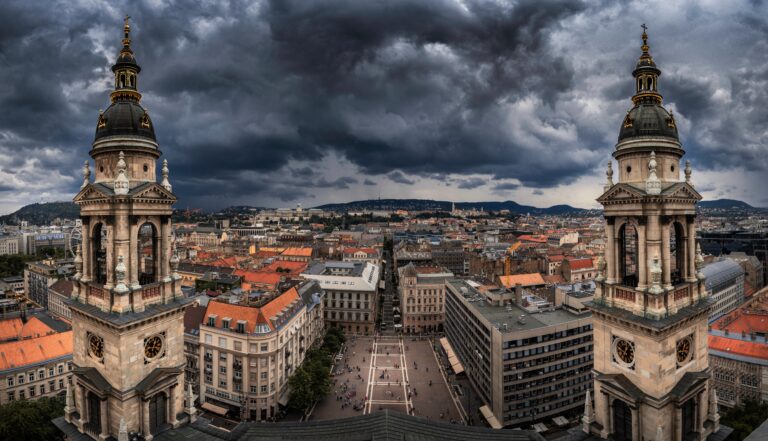
Many bus lines serve the city of Vienna, and some may have stops near the cathedral. Check the local bus
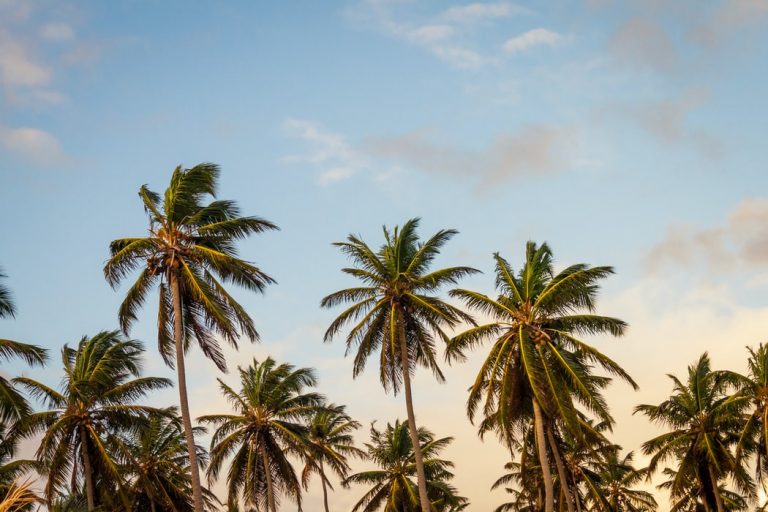
The iconic Sucia Beach is worth waking up early. The parking lot fills out very quickly. Driving there takes time,
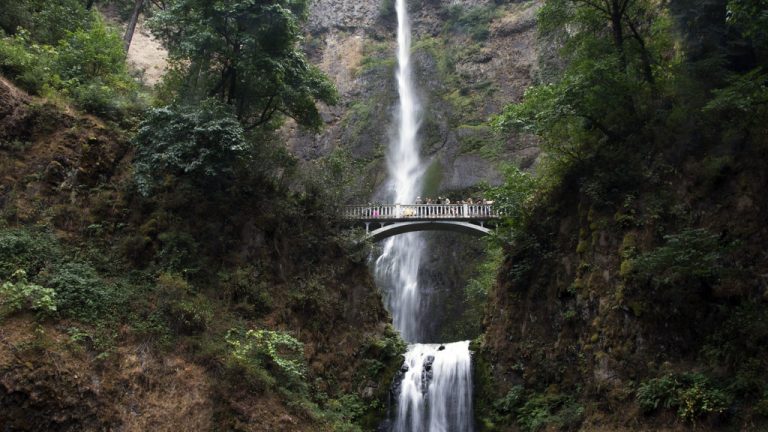
The best option to get to Multnomah Waterfalls is to drive your own car. This will allow you to visit
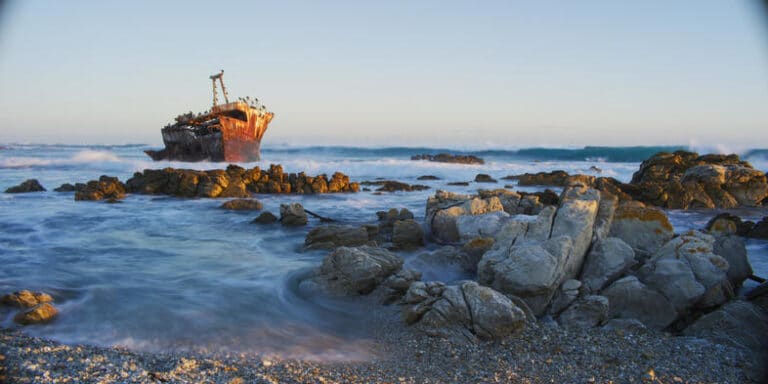
Agulhas is located at the southernmost point of Africa, about 230 km southeast of Cape Town, South Africa. There are
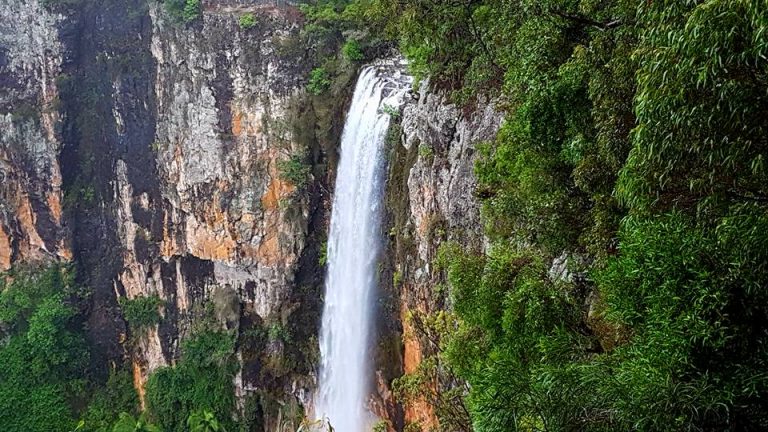
The best way to get to the waterfalls is to drive there yourself. The trail to get to Purling Brook
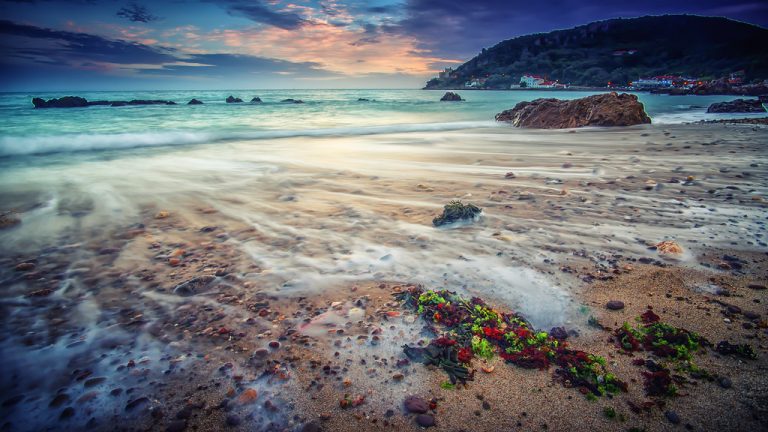
The closest town is Coina, which is accessible by train or by bus. From there, you can book a tour
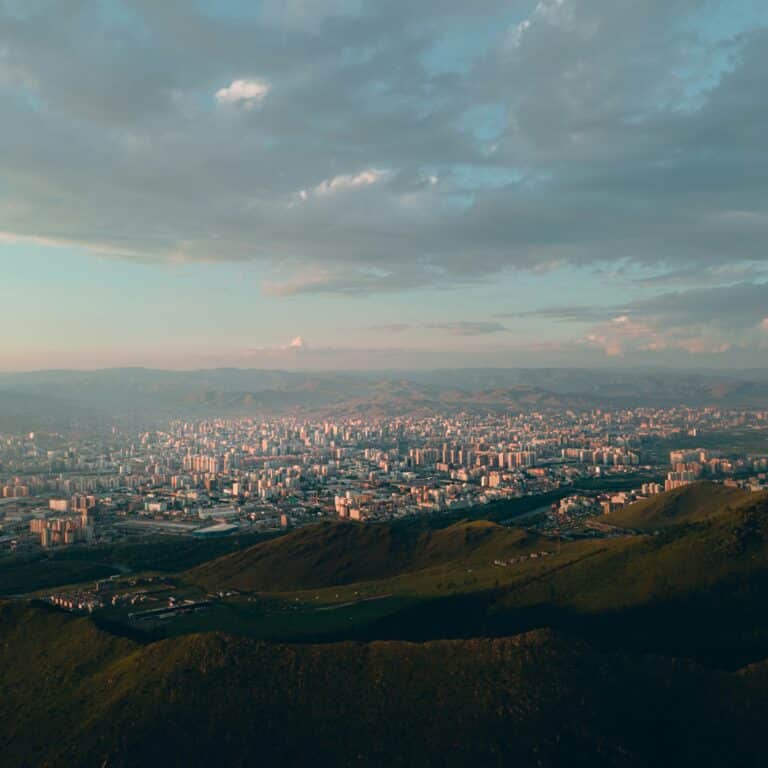
Navigate Ulaanbaatar effortlessly via the city’s comprehensive public transport system, including buses and trolleybuses.
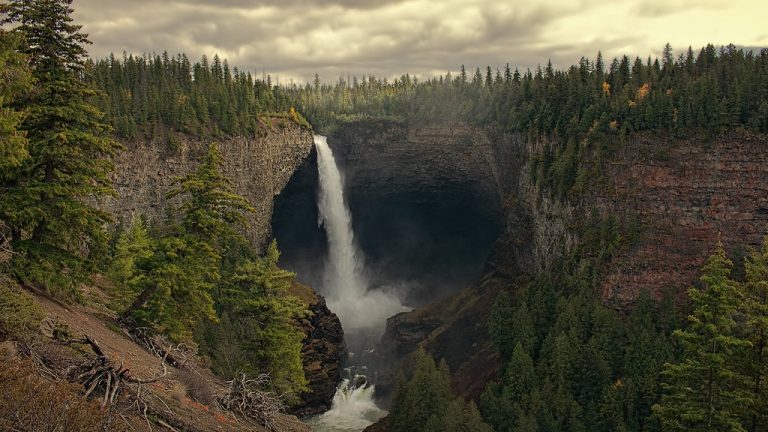
The easiest way to get there is to drive your own car. There is also some guided tour that takes
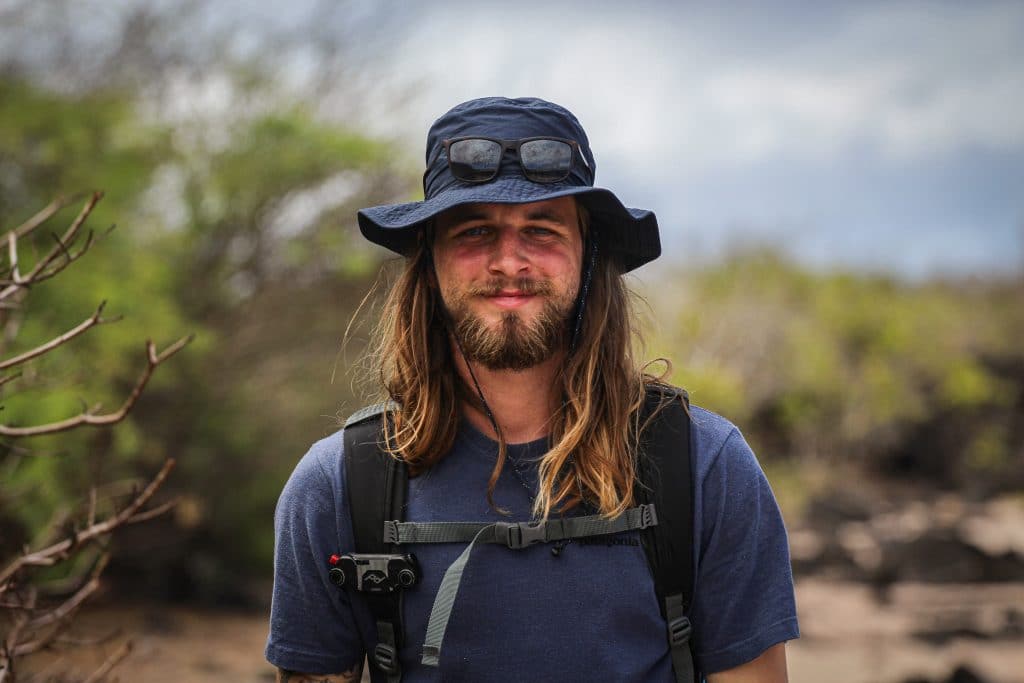
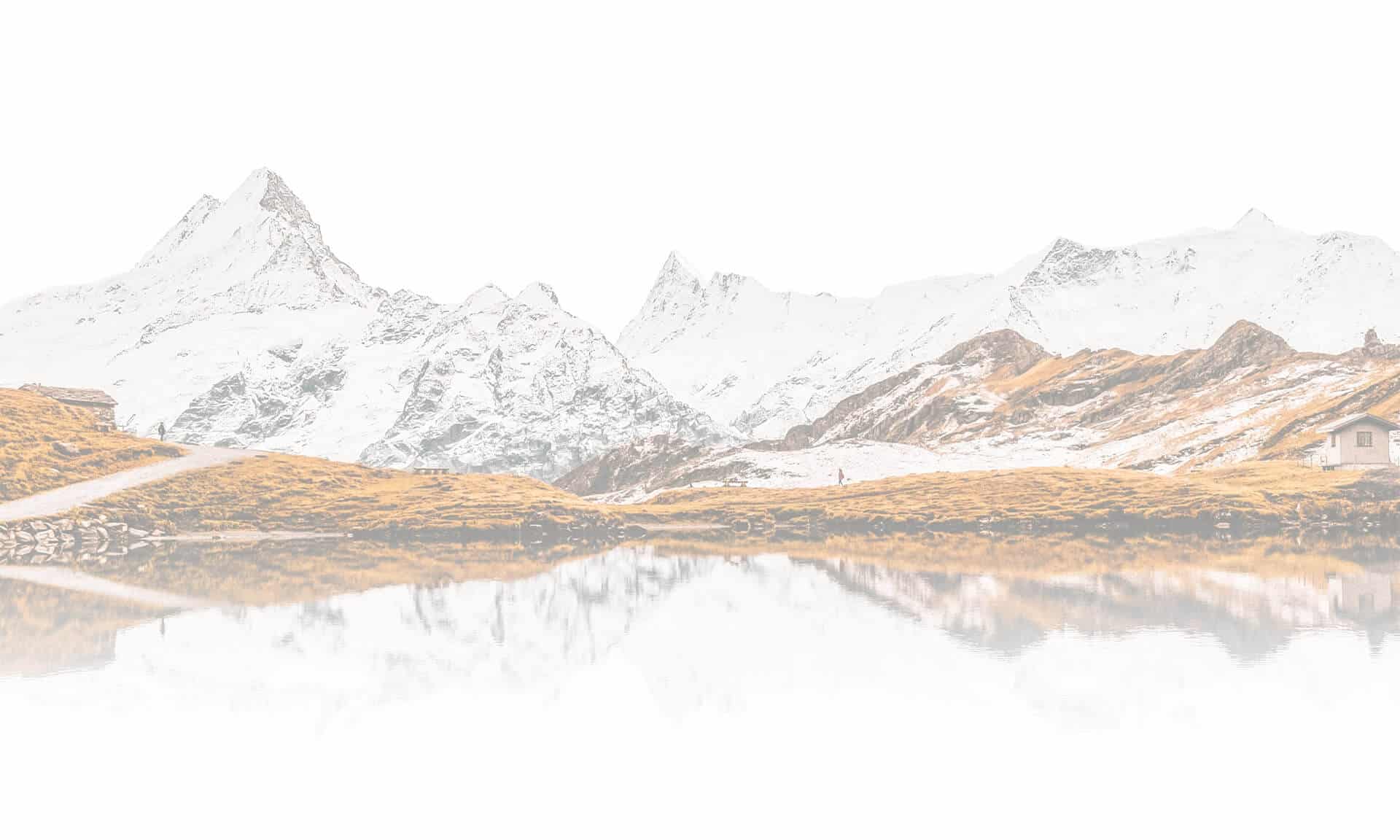

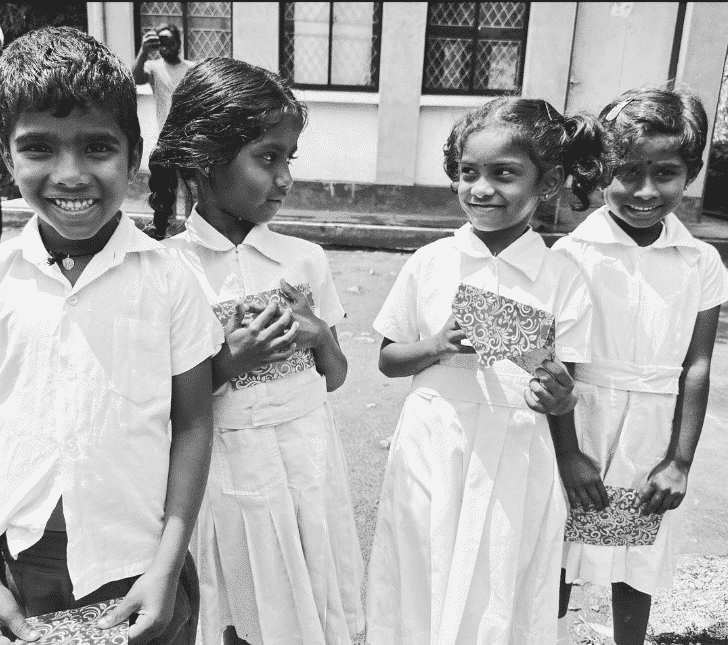
We commit to donating 5% of our profits to this admirable organization. Every purchase you make at Fenceless Travel will directly contribute to supporting the efforts of this foundation and making a real difference in the lives of the most vulnerable people in Sri Lanka.
Nisansala personally redistributes essential goods and provides food to those who need it most. Her selfless dedication and tangible impact on the lives of so many people
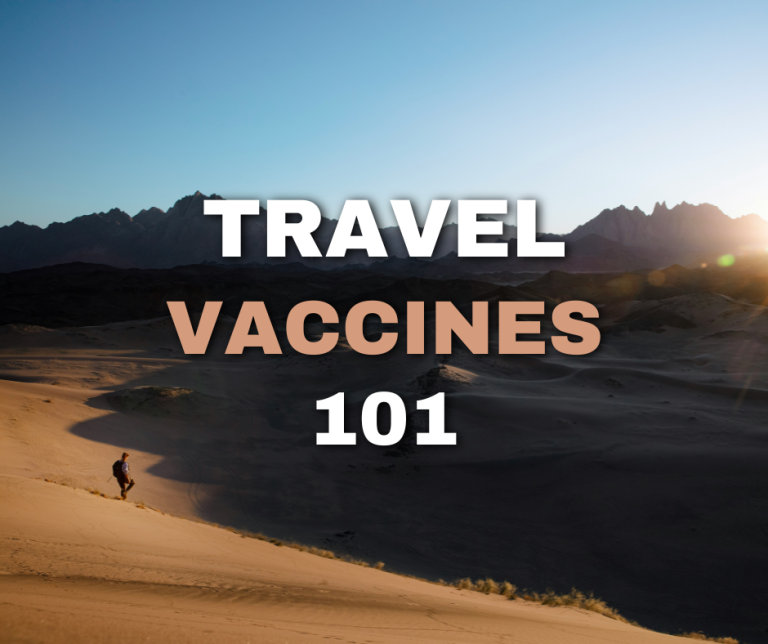
What Travel Vaccines Do I Need as a Canadian Traveler? Traveling is life’s greatest joys! However, exploring the world can sometimes expose you to health
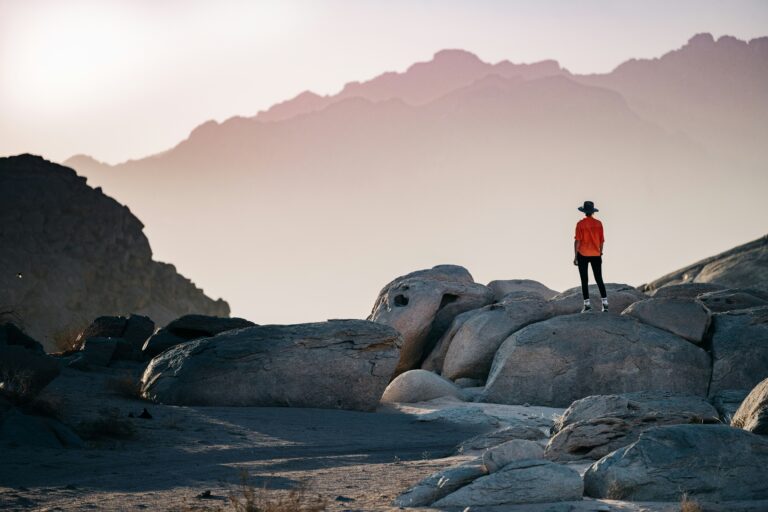
Those are 2 questions that we frequently have In the travelling world. In today’s digital age, it’s easy to assume that booking a trip online

Which Travel Credit Card is the Best for Your Adventures? Traveling opens doors to unforgettable experiences. A good travel credit card can make your journeys
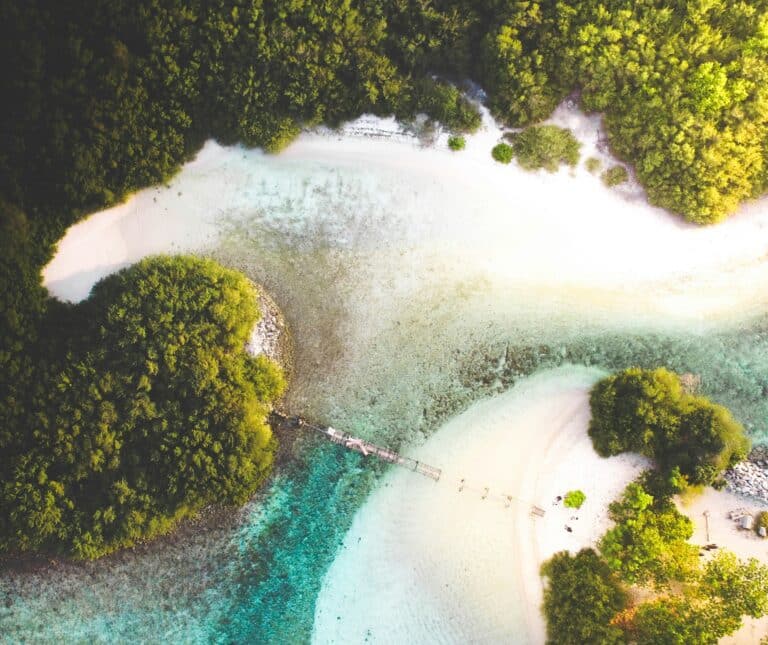
The Maldives, a tropical heaven in the heart of the Indian Ocean, is renowned for its pristine white-sand beaches, crystal-clear turquoise waters, and vibrant coral

Think you know all about travel? Think again! Travel comes with plenty of assumptions, whether it’s about backpacking, all-inclusive resorts, or solo trips. From believing

Sri Lanka has become a popular destination for surfers of all levels, offering a diverse range of surf breaks along its coastline If you’re an
Europe is a continent located entirely in the Northern Hemisphere and mostly in the Eastern Hemisphere. It comprises the westernmost part of Eurasia and is bordered by the Arctic Ocean to the north, the Atlantic Ocean to the west, the Mediterranean Sea to the south, and Asia to the east. Europe is commonly considered to be separated from Asia by the watershed of the Ural Mountains, the Ural River, the Caspian Sea, the Greater Caucasus, the Black Sea, and the waterways of the Turkish Straits. Although some of this border is over land, Europe is generally accorded the status of a full continent because of its great physical size and the weight of history and tradition.
North America covers an area of about 24,709,000 square kilometers (9,540,000 square miles), about 16.5% of the Earth's land area and about 4.8% of its total surface. North America is the third-largest continent by area, following Asia and Africa, and the fourth by population after Asia, Africa, and Europe. In 2013, its population was estimated at nearly 579 million people in 23 independent states, or about 7.5% of the world's population, if nearby islands (most notably around the Caribbean) are included.
South America is a continent in the Western Hemisphere, mostly in the Southern Hemisphere, with a relatively small portion in the Northern Hemisphere. It may also be considered a subcontinent of the Americas, or America, which is how it is viewed in Spanish and Portuguese-speaking regions of the Americas. The reference to South America instead of other regions (like Latin America or the Southern Cone) has increased in the last decades due to changing geopolitical dynamics (in particular, the rise of Brazil). Its population as of 2018 has been estimated at more than 423 million
Africa is the world's second-largest and second-most populous continent, after Asia in both cases. At about 30.3 million km2 including adjacent islands, it covers 6% of Earth's total surface area and 20% of its land area. With 1.3 billion people as of 2018, it accounts for about 16% of the world's human population. Africa's average population is the youngest amongst all the continents; the median age in 2012 was 19.7, when the worldwide median age was 30.4. Despite a wide range of natural resources, the continent is the least wealthy per capita, in large part due to the legacies of European colonization in Africa and the Cold War. Despite this low concentration of wealth, recent economic expansion and the large and young population make Africa an important economic market in the broader global context.
Asia shares the continental landmass of Eurasia with the continent of Europe and the continental landmass of Afro-Eurasia with both Europe and Africa. Asia covers an area of 44,579,000 square kilometres, about 30% of Earth's total land area and 8.7% of the Earth's total surface area. The continent, which has long been home to the majority of the human population, was the site of many of the first civilizations. Asia is notable for not only its overall large size and population, but also dense and large settlements, as well as vast barely populated regions. Its 4.5 billion people constitute roughly 60% of the world's population.
Oceania is a geographic region that includes Australasia, Melanesia, Micronesia and Polynesia. Spanning the eastern and western hemispheres, Oceania has a land area of 8,525,989 square kilometres and a population of over 41 million. When compared to continents, the region of Oceania is the smallest in land area and the second smallest in population after Antarctica.